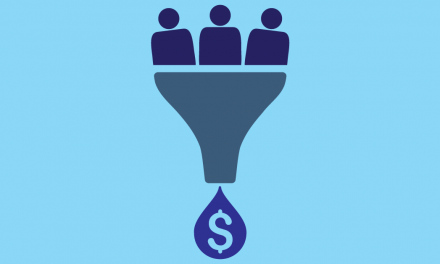Podcasts are all the rage. From true crime to how to grow your business, they exist in every topic. Now may be the right time for you to add a podcast to your marketing plan. If you are wondering “should I start a podcast?”, read on!
Should I Start a Podcast? Here Are 7 Benefits of Podcasting
- Podcasts are an authority platform. Podcasts are so much more than a picture and a caption. By having intelligent conversations, you are broadcasting your thought leadership from a position of authority.
- Podcasts make information personal. Consumers are inundated with emails and ads, but a podcast allows content to be communicated directly.
- Podcasts are convenient. Most people spend a portion of their day commuting, either in their own vehicles or on public transport. When you subscribe to a podcast they are automatically downloaded to your device, making them super easy to access.
- Podcasts are cost-effective. Due to their digital delivery, podcasts help to eliminate marketing costs. The time cost is minimal too, as they are easy to update and can be quickly archived.
- Podcasts are on-demand. Listeners have to seek out what they want; they decide what they want to hear and when they want to hear it. You will be presented with consumers who are farther down the sales funnel.
- Podcasts build relationships. Podcasts make it easy to build relationships with guests, collaborators, affiliates, partners, and even paying clients. Podcasting can also help to nurture relationships.
- Podcasts help to deliver a social networking strategy. Podcast subscribers are the core of your community. As time passes and subscribers’ trust in you grows, your relationship with them will be strengthened. You can also connect your various social media platforms to your podcast which will help to build a strong community.
Take a Look at Some of These Other Marketing Tips
Podcasting is a powerful real estate marketing tool. However, there are lots of other ways to market yourself as a strong leader in real estate.
- Embrace SEO: 80% of home buyers conduct internet research when considering homes to buy, and 89% use the Internet to find real estate agents. Optimize your website for SEO; optimize your social media also. If you don’t optimize your messages on social media by including keywords, you will miss a large portion of potential visitors.
- Keep mobile users in mind: By 2019, mobile devices accounted for almost 50% of web page views worldwide. So, if your real estate platform is not mobile-friendly, you will miss out on a large chunk of potential clients.
- Start a blog: People are actively searching for relevant content. In fact, 47% of buyers viewed 3-5 pieces of content before engaging with a sales rep. A consistent blog establishes you as an expert. By showing off your leadership skills, you will position yourself as a knowledgeable member of the real estate industry.
A Platform Exists That Can Help You With Your Marketing Game
If you are feeling overwhelmed at the thought of “should I start a podcast ” when trying to build up a unique marketing plan, consider a relationship-based approach, which places your client first. Podcasts and blogs are ideally suited to this kind of approach.
An example of a platform that focuses on using relationships and referrals to build up your real estate business is Parkbench. Parkbench uses the following:
- A community platform custom to your community
- Interviews of local influencers in your community
- Strong content about your community that can be shared with local influencers
- A strong follow-up plan for you to get 6-12 more real estate transactions per year
Parkbench provides exclusive support to only 1 agent per neighborhood – see if your neighbourhood is still available when you book a demo!
References:
https://blog.hubspot.com/sales/real-estate-email-templates
https://www.statista.com/topics/779/mobile-internet/
https://www.hubspot.com/marketing-statistics
https://hbr.org/2011/03/the-short-life-of-online-sales-leads







